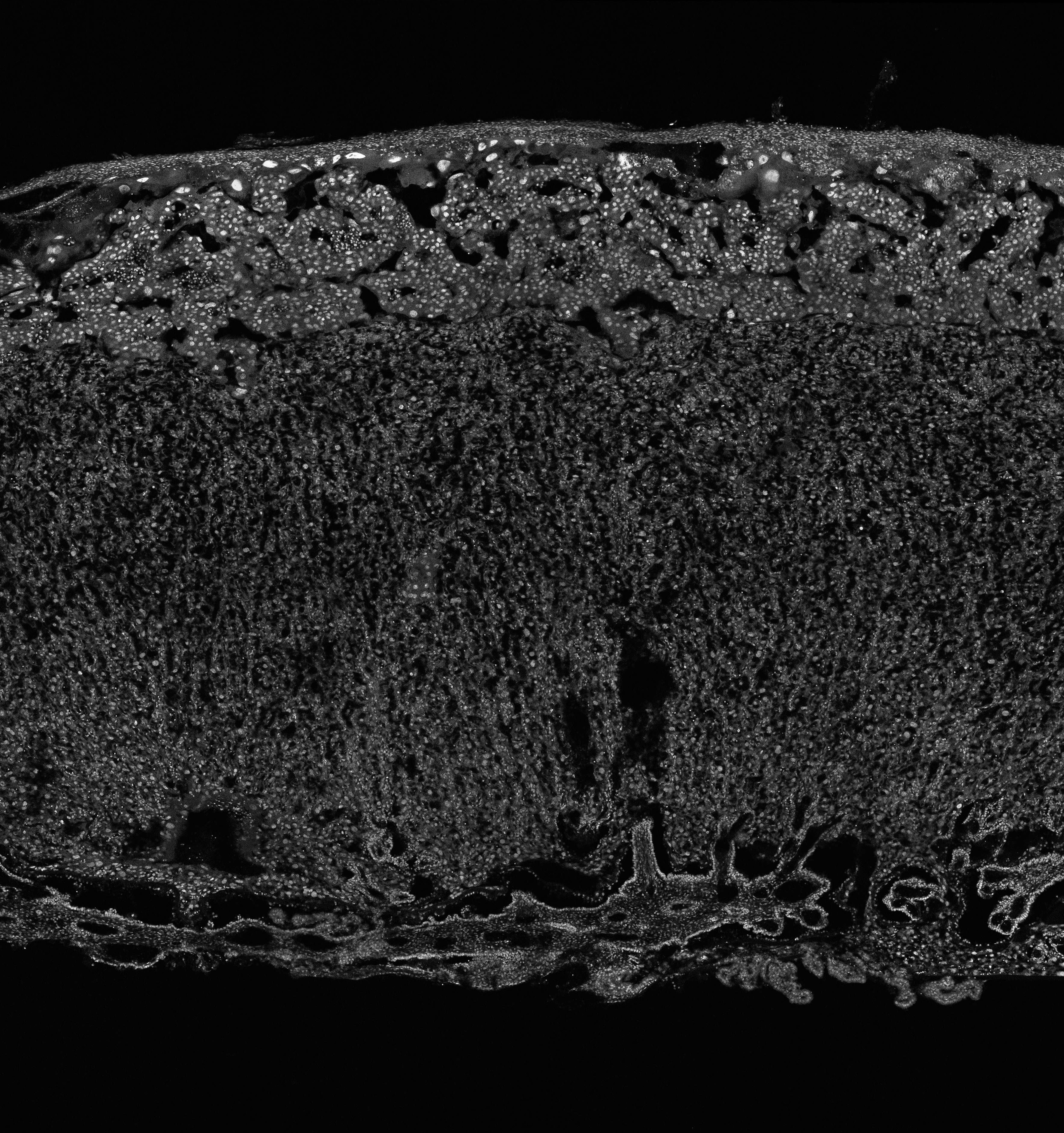Dietary Effects on Developmental Neurogeneis
In my second postdoc with Dr. Kiran Soma at UBC, I investigated dietary effects on brain development. Consumption of sucrose (table sugar) is high. High sucrose intake can have negative health effects in adults, such as Type 2 diabetes, heart disease, and cognitive deficits. There is increasing evidence that exposure to high sucrose in the womb profoundly affects metabolism, inflammation, and mental health of the offspring. However, effects of a maternal high-sucrose diet on fetal brain development and the placenta have not been studied in detail.
Maternal consumption of sucrose at a human-relevant level has prominent effects on the mother’s metabolism and hormones, as well as long-lasting and sex-specific effects on the adult offspring’s brain and behaviour. Importantly, offspring in our rat model were never directly exposed to a high-sucrose diet, only through the mother. We do not know the underlying mechanism of how effects of sucrose are programmed during development. This is the goal of my current project: I want to explore whether a maternal high-sucrose diet increases inflammation at the fetal stage to generate long-lasting effects on the brain and behaviour, including neurogenesis. This study will add to the knowledge of how sucrose affects the mother and the fetus during pregnancy to explain postpartum health changes in the mother and offspring. Our findings are important for mothers and children worldwide.

